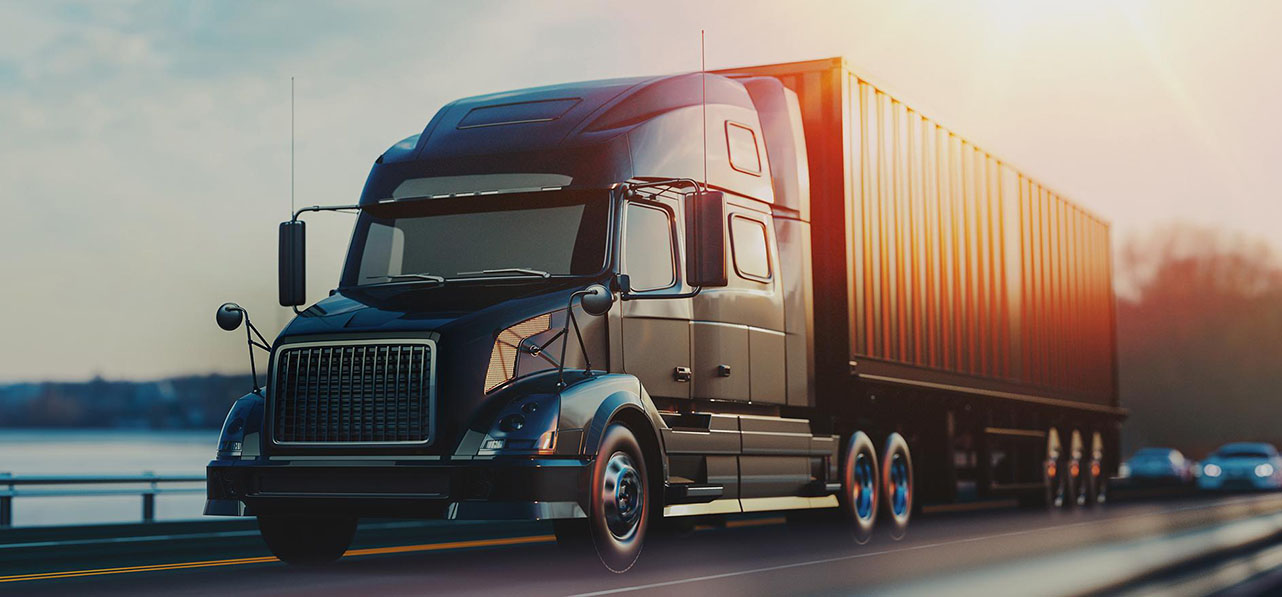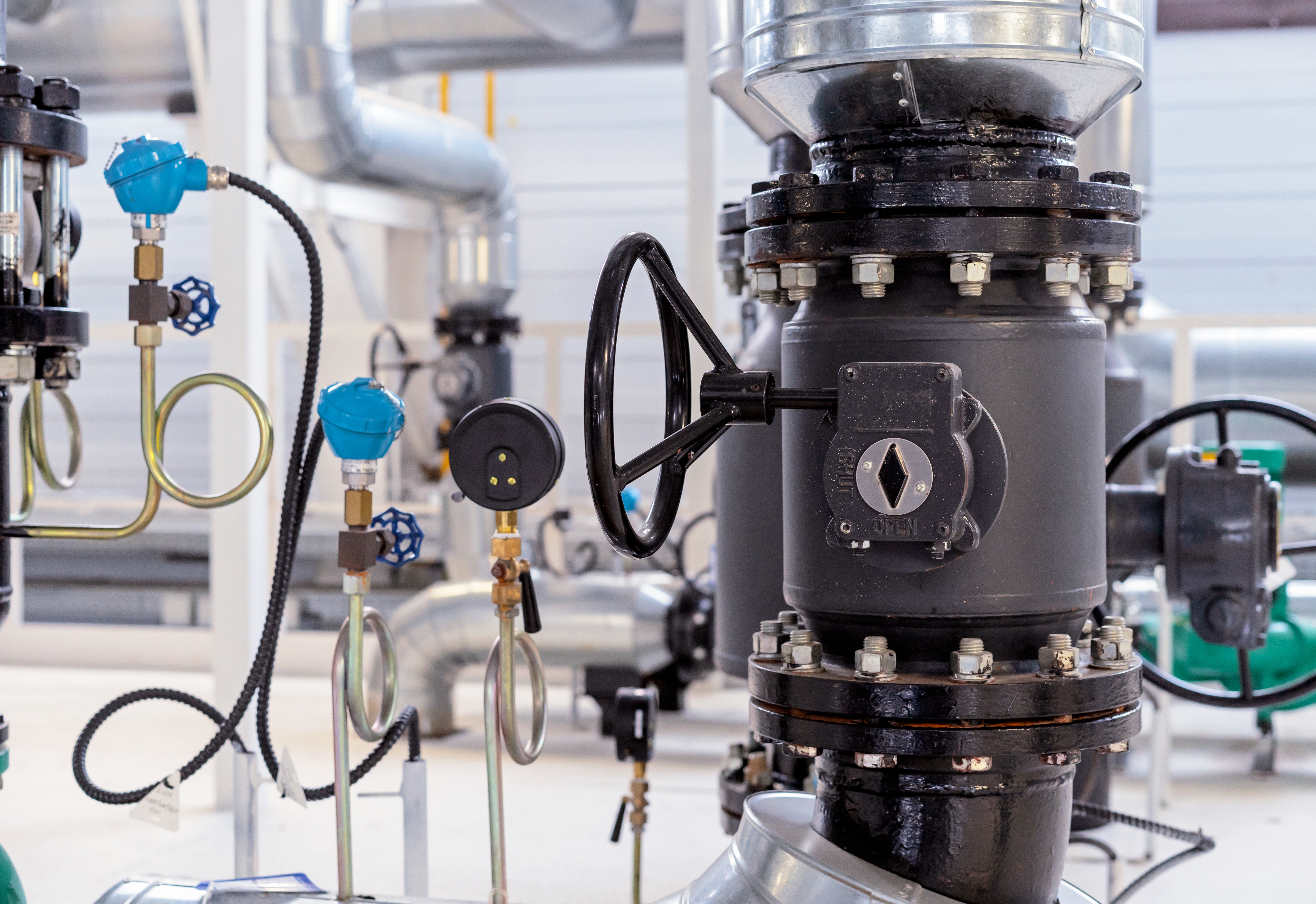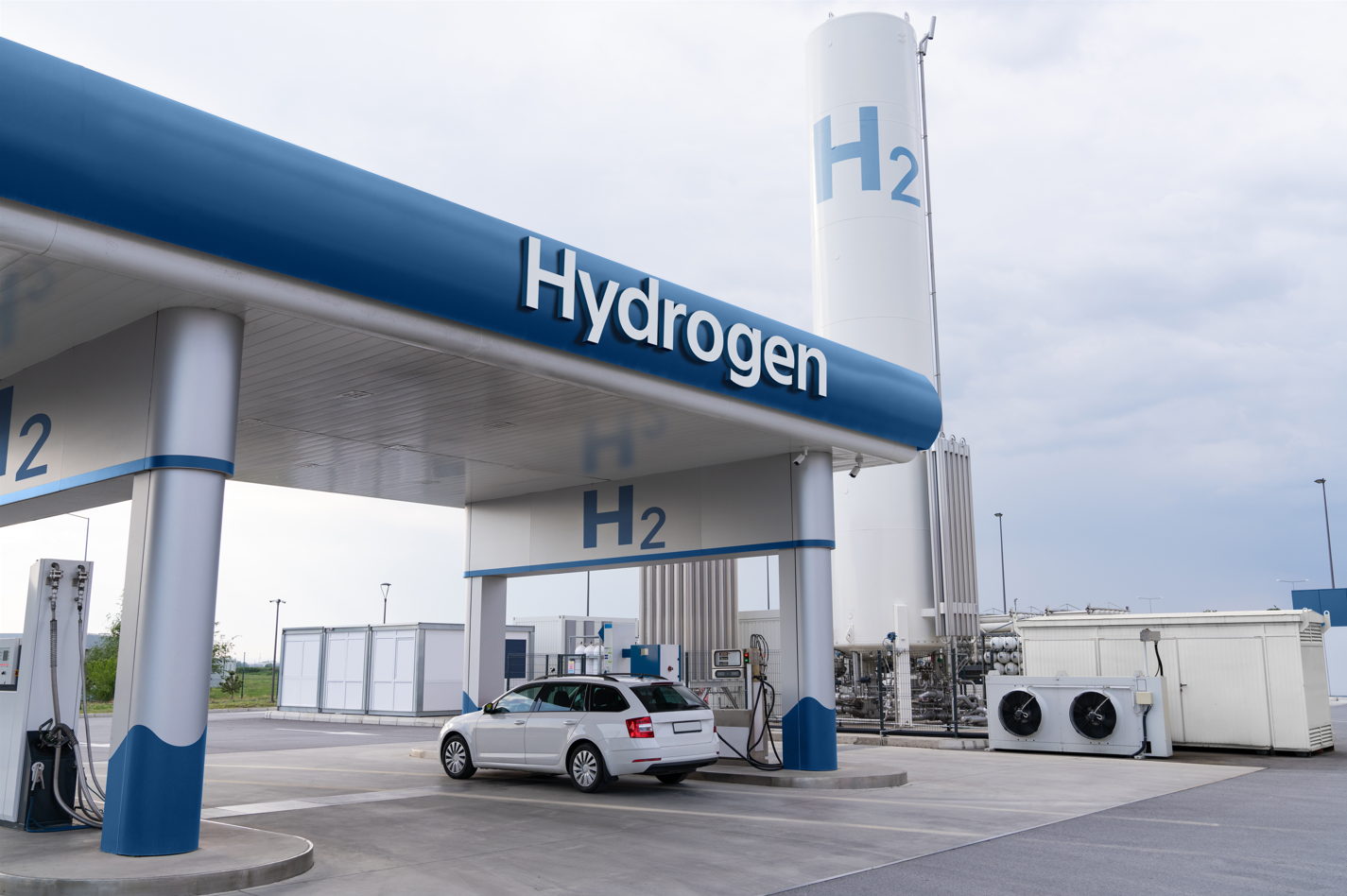Featured Articles
2022-08-29
Toyota and Hyundai is dedicated to develop a variety of hydrogen vehicles in different regions
 Great potential for a hydrogen ecosystem can be developed in multiple applications, such as covering passenger vehicles, commercial vehicles, and heavy-duty vehicles.
Great potential for a hydrogen ecosystem can be developed in multiple applications, such as covering passenger vehicles, commercial vehicles, and heavy-duty vehicles.Toyota and Hyundai are known to be the forerunners of hydrogen vehicles, pioneering models such as the Mirai and NEXO. What is interesting is that these two Asia-based major automakers, the representative works of hydrogen vehicles that have entered Europe and China, are commercial vehicles or heavy vehicles.
At the end of 2020, Toyota acquired the shares of Portuguese bus manufacturer CaetanoBus and car rental company Finlog to supply hydrogen buses with a distance of up to 400 kilometers through CaetanoBus, thus using it as a foothold for the promotion of hydrogen buses and rental services in the European market. In May 2022, Toyota, Air Liquide and CaetanoBus signed a Memorandum of Understanding to accelerate the development of a local hydrogen ecosystem for multiple mobile applications, from renewable or low-carbon hydrogen production, to power distribution and hydrogenation infrastructure, to deployment in different vehicle areas such as buses, light commercial vehicles and automobiles. In terms of layout in China, Toyota and China FAW, Dongfeng Motor, Guangzhou Automobile, BAIC Motor and Beijing Yihuatong Technology have jointly established a joint fuel cell system research and development company to jointly plan and develop hydrogen energy vehicles and enter the Chinese commercial vehicle market. In October 2021, Toyota China disclosed that Huafeng Fuel Cell Company, which was developed by United Fuel Cell Systems Company and funded by Beijing Yihuatong Technology and Toyota Motor, was responsible for production and sales. It has begun to sell the first commercial vehicle in China. The fuel cell system TL Power 100 developed and produced for the vehicle.
After Hyundai launched the world's first hydrogen-powered heavy-duty vehicle XCIENT Fuel Cell in 2019, it released a new upgraded model in May 2021. Looking at Switzerland's high-altitude characteristics, it can give full play to the advantages of hydrogen energy trucks as an entry point to enter the European market. The goal is to have 1,600 vehicles on the road in Switzerland by 2025, and launch similar plans in more than two European countries. In the Chinese market, it plans to produce hydrogen fuel cells in the Guangzhou plant to supply hydrogen trucks produced in the Sichuan plant, and expects to sell more than 27,000 units in China by 2030.
The two major automakers, Toyota and Hyundai, which are most active in hydrogen vehicles, have similar strategies in terms of market development despite fierce competition with each other. Based on the fact that hydrogen vehicles need to invest a lot of resources in R&D and production, coupled with the uncertainty of the market, different regional market characteristics can be used to seize different niche points, such as focusing on trucks and commercial vehicles in Europe and China. Even from the application in the automotive field, it extends to the development of train and ship power systems. JR East Japan's trial production of hydrogen EMUs was developed together with Toyota and Hitachi. This can reduce the risks brought by market uncertainty, reduce R&D costs through cross-platform integration and division of labor, and share development results. This can relieve the pressure of the market being squeezed out by lithium vehicles for hydrogen energy vehicles that are in their infancy. BMW is one of the few European carmakers that has invested in hydrogen fuel cell development very early. In 2005, it launched the Hydrogen 7 hydrogen car, and in 2015, it released experimental prototypes such as i8 Fuel Cell and 5 GT Fuel Cell, but there has been no definite commercialization plan. painting. Until the release of the first mass-produced hydrogen car iX5 in 2021, the final winter test near the Arctic Circle was completed in March 2022, and the preparations for small production in 2022 will take a step forward.
References
At the end of 2020, Toyota acquired the shares of Portuguese bus manufacturer CaetanoBus and car rental company Finlog to supply hydrogen buses with a distance of up to 400 kilometers through CaetanoBus, thus using it as a foothold for the promotion of hydrogen buses and rental services in the European market. In May 2022, Toyota, Air Liquide and CaetanoBus signed a Memorandum of Understanding to accelerate the development of a local hydrogen ecosystem for multiple mobile applications, from renewable or low-carbon hydrogen production, to power distribution and hydrogenation infrastructure, to deployment in different vehicle areas such as buses, light commercial vehicles and automobiles. In terms of layout in China, Toyota and China FAW, Dongfeng Motor, Guangzhou Automobile, BAIC Motor and Beijing Yihuatong Technology have jointly established a joint fuel cell system research and development company to jointly plan and develop hydrogen energy vehicles and enter the Chinese commercial vehicle market. In October 2021, Toyota China disclosed that Huafeng Fuel Cell Company, which was developed by United Fuel Cell Systems Company and funded by Beijing Yihuatong Technology and Toyota Motor, was responsible for production and sales. It has begun to sell the first commercial vehicle in China. The fuel cell system TL Power 100 developed and produced for the vehicle.
After Hyundai launched the world's first hydrogen-powered heavy-duty vehicle XCIENT Fuel Cell in 2019, it released a new upgraded model in May 2021. Looking at Switzerland's high-altitude characteristics, it can give full play to the advantages of hydrogen energy trucks as an entry point to enter the European market. The goal is to have 1,600 vehicles on the road in Switzerland by 2025, and launch similar plans in more than two European countries. In the Chinese market, it plans to produce hydrogen fuel cells in the Guangzhou plant to supply hydrogen trucks produced in the Sichuan plant, and expects to sell more than 27,000 units in China by 2030.
The two major automakers, Toyota and Hyundai, which are most active in hydrogen vehicles, have similar strategies in terms of market development despite fierce competition with each other. Based on the fact that hydrogen vehicles need to invest a lot of resources in R&D and production, coupled with the uncertainty of the market, different regional market characteristics can be used to seize different niche points, such as focusing on trucks and commercial vehicles in Europe and China. Even from the application in the automotive field, it extends to the development of train and ship power systems. JR East Japan's trial production of hydrogen EMUs was developed together with Toyota and Hitachi. This can reduce the risks brought by market uncertainty, reduce R&D costs through cross-platform integration and division of labor, and share development results. This can relieve the pressure of the market being squeezed out by lithium vehicles for hydrogen energy vehicles that are in their infancy. BMW is one of the few European carmakers that has invested in hydrogen fuel cell development very early. In 2005, it launched the Hydrogen 7 hydrogen car, and in 2015, it released experimental prototypes such as i8 Fuel Cell and 5 GT Fuel Cell, but there has been no definite commercialization plan. painting. Until the release of the first mass-produced hydrogen car iX5 in 2021, the final winter test near the Arctic Circle was completed in March 2022, and the preparations for small production in 2022 will take a step forward.
References
-
Electrek, 2020-04-22, Bradley Berman, Daimler ends hydrogen car development because it’s too costly
-
Financial Times, 2020-05-10, Richard Milne, Volvo and Daimler bet on hydrogen truck boom this decade
-
Green Car Congress, 2022-05-20, Renault Scénic Vision hydrogen hybrid concept offers 75% smaller carbon footprint than a conventional BEV
- Electrek, 2022-01-20, Scooter Doll, Honda CEO says Toyota’s strategy topursue hydrogen combustion ‘doesn’t seem feasible’
- CNBC,2021-06-21, Michael Wayland, GM plans to expand fuel-cell businessbeyond EVs
-
General Motors, News Room, GM Plans to Broaden Electrification, Expanding Fuel Cells Beyond Vehicles
-
Reuters, 2021-09-22, Nick Garey, German auto giants place their bets on hydrogen car
-
CNBC,2022-05-22, Anmar Frangoul, The most dumb thing’: Elon Musk dismisses hydrogen as tool for energy storage
- Bloomberg, 2022-05-26, Annie Lee, The Trouble With Lithium
- Gear Patrol, 2022-03-15, Tyler Duffy, Ford May Be Planning to Keep the Internal Combustion Mustang Alive



